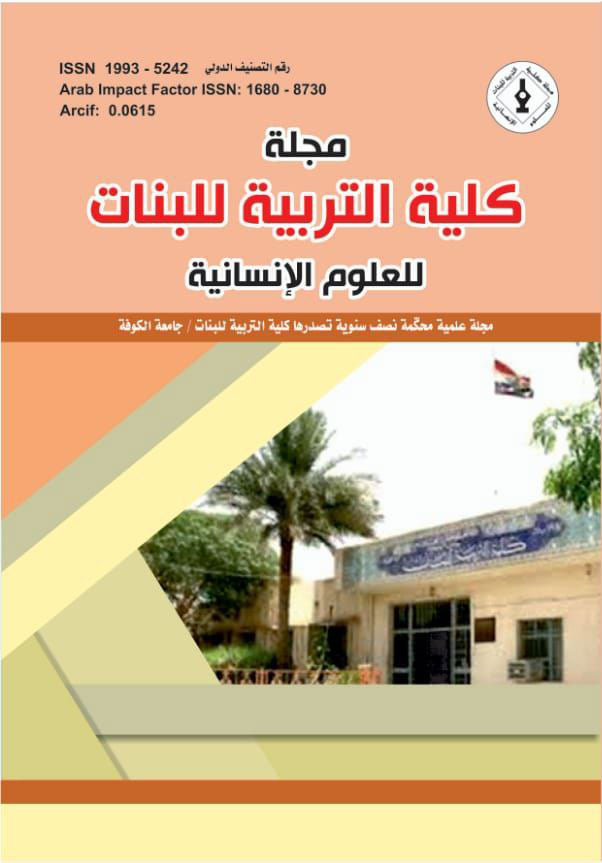The security variable in US foreign policy towards the Arab Gulf region
DOI:
https://doi.org/10.36327/ewjh.v2i31.13064Keywords:
Security, balance of power, foreign policy, American policy, the Arab GulfAbstract
Abstract:
The Arab Gulf region is considered one of the most important regions, globally, due to its geostrategic location and resources. The United States has adopted interventionist policies in the region, in a way that preserves American and Western interests.
The importance of the Arab Gulf region to American policies has made the United States present, establishing military bases in the region, and being concerned with transformations and security events. The countries of the Gulf region have not succeeded in establishing a security system, or a regional system, since the seventies of the last century, and the complexities of security in the region increased, especially in the new millennium, when the region witnessed an imbalance of power, along with the escalating threats that accompanied the post-occupation phase. Iraq, and after the events of (the Arab Spring), and after the emergence of the (ISIS) terrorist organization.
The US policies towards security changes tended to: expanding the US military presence, increasing political and security support to the GCC countries, calling the GCC countries to normalize with (Israel), and establishing: NATO in the Middle East.
Downloads
Published
How to Cite
Issue
Section
License
Copyright (c) 2023 Lecturer Dr. Abbas Fadhil Alwan

This work is licensed under a Creative Commons Attribution 4.0 International License.
which allows users to copy, create extracts, abstracts, and new works from the Article, alter and revise the Article, and make commercial use of the Article (including reuse and/or resale of the Article by commercial entities), provided the user gives appropriate credit (with a link to the formal publication through the relevant DOI), provides a link to the license, indicates if changes were made and the licensor is not represented as endorsing the use made of the work.









